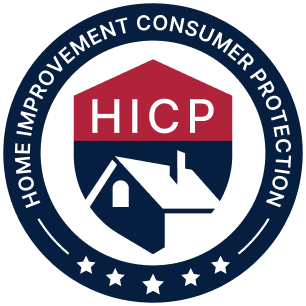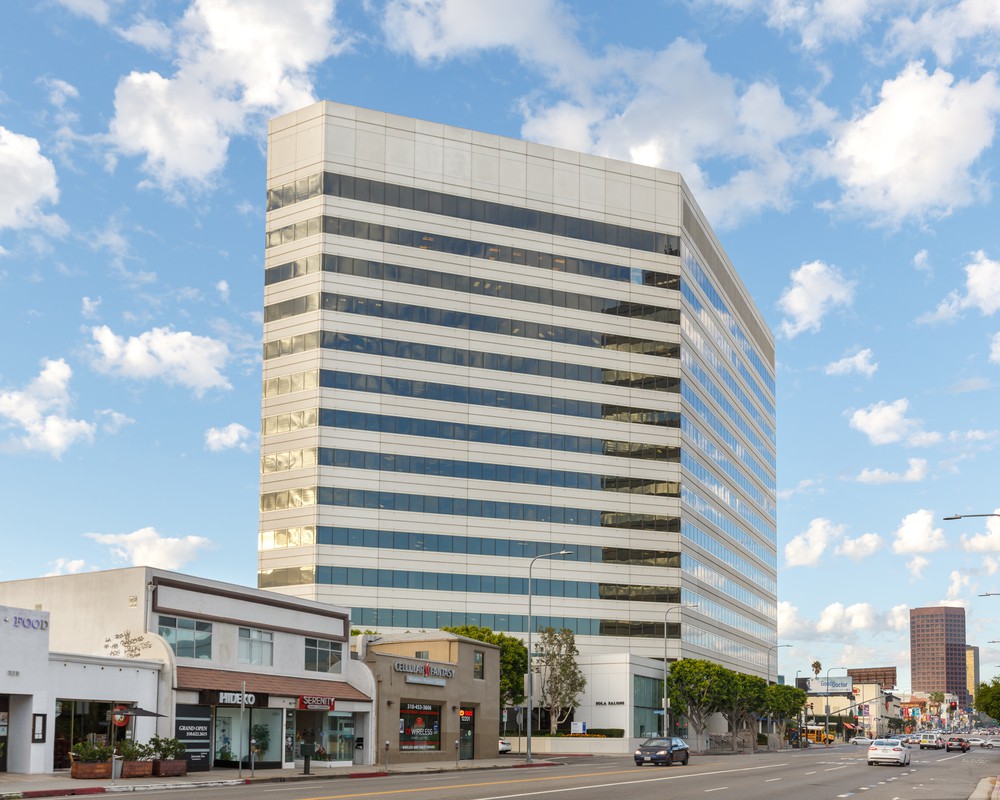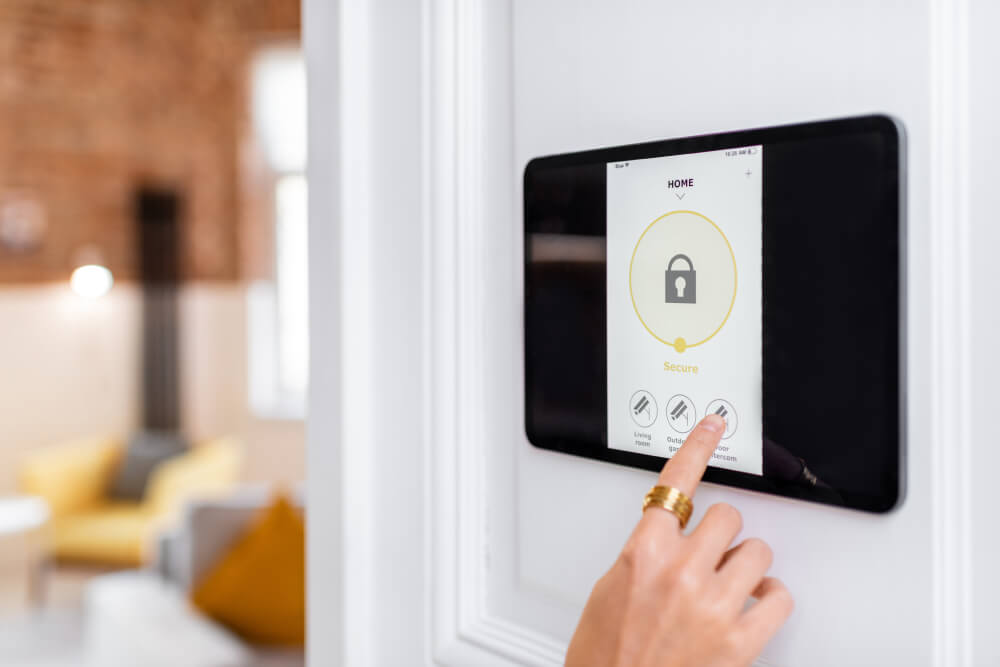Protect Your Next Project
From start to finish we are here to guide and support.
Take The Guesswork Out Of Hiring
Our rigorous, uncompromised vetting process ensures you hire only reliable and trustworthy contractors.
Trust. Hire. Relax.
Experience the assurance of certified contractors for maximum results and piece of mind.
360 Project Support
Claim The Free Services
Available To You

Home Project Consultations
Book a call to discuss your project and get expert advice on the next steps.

Second Opinion Review
Get expert input on contractor proposals or project plans before making decisions.

Rebates and Incentives
We help you discover and apply for available rebates to reduce project costs.

Legal Guidance Support
Get expert advice on legal matters concerning contracts, disputes, and homeowner rights.

Certified Contractor Match
Gain access to certified contractors who meet our strict screening standards.

Project Budget Review
We evaluate your project budget to help you avoid overspending and get the best value.
Know your rights
Our Proven Process
3 easy steps for project success
Step 1

Book your Consultation call
Step 2

Meet with certified contractors
Step 3

Hire with Trust and Confidence
Once you’ve selected your preferred contractor, you can feel secure knowing that your project will be completed under HICP’s project protection. Our dedicated staff will be available throughout the entire process to answer any questions you may have.
HICP Verified
Accredited Trades And Services
Work with vetted pros, enjoy HICP project protection, and learn from our in depth trade articles.
industry Pioneer
Our Mission

reader’s choice: most popular guides
- Most Popular
We are here to help
Hours of Operation
Monday - Friday: 9am - 5pm PST
Contact Us
Phone: (424) 306-1339
Fax: (424) 622-3619
Email: info@hicp-usa.org
Address
12121 Wilshire Blvd, Suite 810,
Los Angeles, CA 90025



 Arabic
Arabic Chinese (Traditional)
Chinese (Traditional) French
French German
German Hindi
Hindi Italian
Italian Korean
Korean Russian
Russian Spanish
Spanish Vietnamese
Vietnamese

























